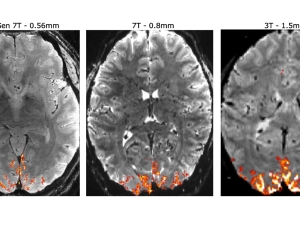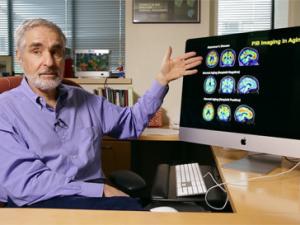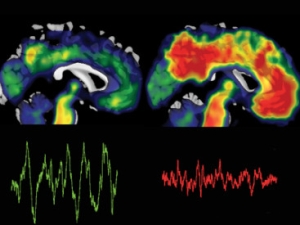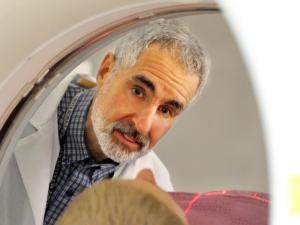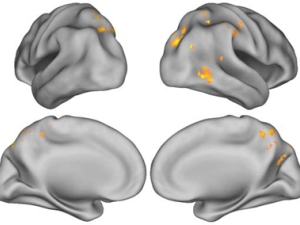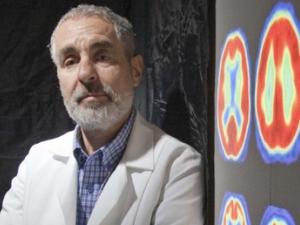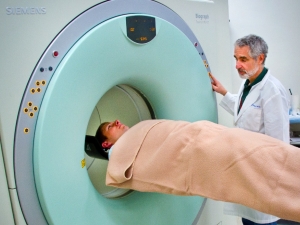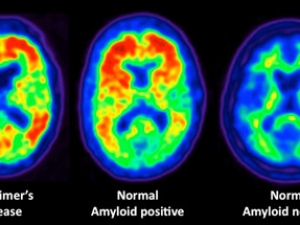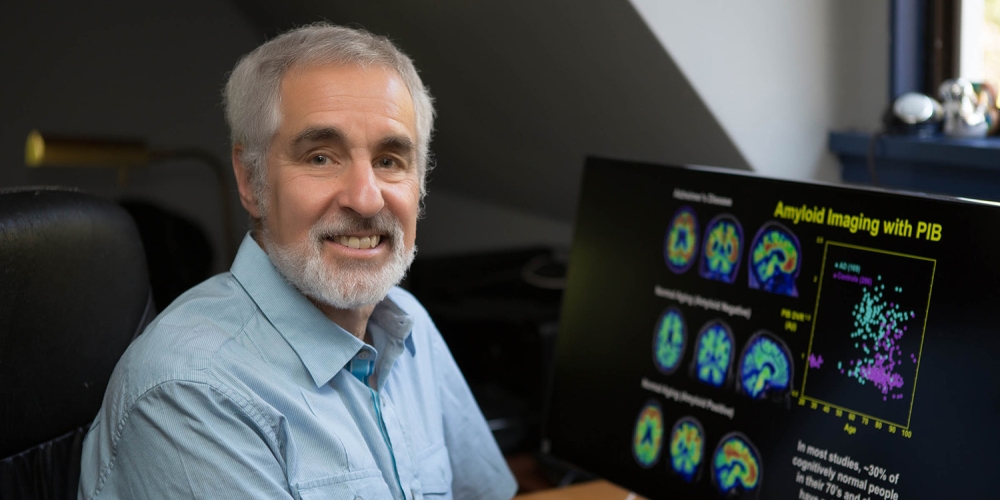

Research Bio
William Jagust is a neuroscientist whose research focuses on aging, Alzheimer’s disease, and the neural basis of memory. He studies how brain structure, metabolism, and amyloid deposition change across the lifespan and how these changes predict cognitive decline. Jagust’s lab uses PET and MRI imaging combined with cognitive testing to understand the earliest stages of neurodegeneration. His work informs early detection and intervention strategies for dementia.
He is Professor of Neuroscience and Public Health at UC Berkeley and Senior Scientist at Lawrence Berkeley National Laboratory. He mentors students in neuroimaging, cognition, and aging research.
Research Expertise and Interest
neuroscience, cognition, brain aging, dementia, imaging, Alzheimer's disease
In the News
Innovative Design Achieves Tenfold Better Resolution for Functional MRI Brain Imaging
PET scans reveal key details of Alzheimer’s protein growth in aging brains
New research led by scientists at UC Berkeley shows for the first time that PET scans can track the progressive stages of Alzheimer’s disease in cognitively normal adults, a key advance in the early diagnosis and staging of the neurodegenerative disorder.
Poor sleep linked to toxic buildup of Alzheimer’s protein, memory loss
Sleep may be a missing piece of the Alzheimer’s puzzle. The toxic protein that is the hallmark of Alzheimer’s disease blocks the deepest stages of sleep, resulting in memory decline, according to new research.
Seeing Through Alzheimer’s Disease
If early intervention is key, then so is the ability to detect even the slightest sign of neurological damage. The William Jagust Lab is using statistical and computational approaches to refine PET scan sensitivity to identify a possible Alzheimer precursor.
Researchers find neural compensation in people with Alzheimer’s-related protein
UC Berkeley researchers have found that the human brain is capable of a neural workaround that compensates for the buildup of beta-amyloid, a destructive protein associated with Alzheimer’s disease. The findings could help explain how some older adults with beta-amyloid deposits in their brain retain normal cognitive function while others develop dementia.
Neurologist Jagust wins 2013 Potamkin Prize for research into cause of Alzheimer’s
William J. Jagust, an authority on brain aging and dementia, has been awarded the 2013 Potamkin Prize for Research in Pick’s, Alzheimer’s and Related Diseases by the American Academy of Neurology and the American Brain Foundation.
The search for the earliest signs of Alzheimer's
For the past five years, volunteers from the City of Berkeley and surrounding areas have come to Berkeley Lab to participate in an ongoing study that’s changing what scientists know about Alzheimer’s disease. The goal of the Berkeley Aging Cohort Study is to reveal how our brains change as we age.
Lifelong brain-stimulating habits linked to lower Alzheimer’s protein levels
People who have made mental engagement a lifelong habit have lower levels of a key protein linked to Alzheimer's disease, according to a new study led by UC Berkeley neuroscientists. The findings could provide support for cognitive therapies to prevent the onset of a debilitating disease.

